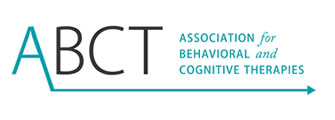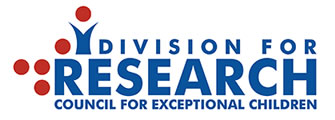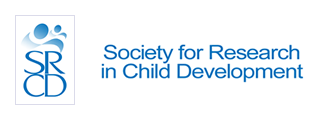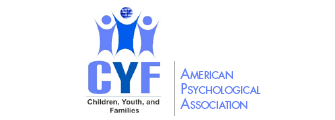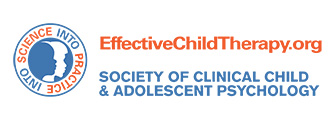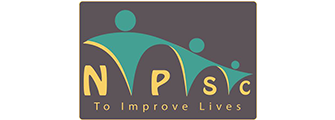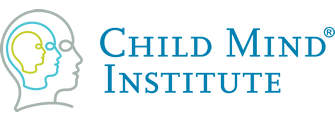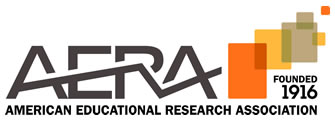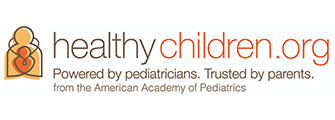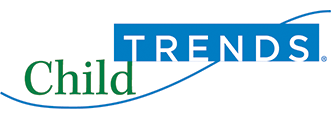
Experiencing your child’s “firsts”—first smile, word, and steps—is one of the joys of parenthood. “Milestones” are the skills most children achieve by a specific age. While there is a lot of guidance on typical milestone development, children often follow their own timelines. It may be tempting to compare your child to siblings, cousins, or friends, but it is important to understand that children develop at different rates.
Children who are behind in their development may catch up with time alone. However, waiting to take action could lead to other problems. For example, toddlers with delayed speech may start to have behavior problems, such as temper tantrums. They may get frustrated when they cannot use language to share their needs. One warning sign that you should never ignore is if your child loses skills they once had. It can be helpful to check out resources on milestones (www.cdc.gov/milestones), to see if your child is on track.
Your child’s pediatrician monitors important developmental milestones during well child visits. They observe your child, discuss concerns with you, and may ask you to complete questionnaires. If they think that your child might have a delay, they will talk to you about the next steps. The next steps may include testing and intervention.
Children develop quickly in their first five years of life. So, if there is a delay, getting help early is important. Fortunately, free and effective services are available to support your child. Their pediatrician can tell you about these services, but it is important to know that you can also refer your own child. You are the expert on your child and are their best advocate.
Use the following guide to services based on your child’s age:
Birth until third birthday:
- Your child may be able to access early intervention services through state programs. You can find your state’s program, including steps on how to refer your child, here: cdc.gov/findei
- To start services, your child will need to complete a developmental evaluation to see if they meet the criteria for services.
- Your child could qualify if they have any delay in:
- Physical skills, like rolling, crawling, and walking.
- Cognitive skills, like thinking, learning, and solving problems.
- Communication skills, like talking, understanding, and gesturing.
- Social-emotional skills, like their ability to stay calm or play with others.
- Self-help skills, like eating or dressing.
- If your child is eligible for early intervention services, the therapists and a service coordinator will work with you to create an Individualized Family Service Plan (IFSP). This is a written plan that describes your child’s services and goals.
- Your child will receive services in your own home or a childcare setting. Services can include speech, physical therapy, or occupational therapy.
Age three to sixth birthday:
Your child may be eligible for Early Childhood Special Education (ECSE) through their local school district, even before they start school.
If you think your child may qualify, reach out to your school district by calling or visiting any local public elementary school. Tell them you have concerns about your child’s development and ask for them to be tested for preschool special education. Bring a letter to document your request to the school.
- The school district will then complete an evaluation to see if your child qualifies for ECSE. Your child may qualify if they have a disability in one of the following areas. This is not the same as a doctor’s diagnosis.
-
- Autism Spectrum Disorder
- Cognitive Impairment
- Deaf-Blindness
- Deaf or Hard of Hearing
- Early Childhood Developmental Delay
- Emotional Impairment
-
- Other Health Impairment
- Severe Multiple Impairments
- Specific Learning Disability
- Speech and Language Impairment
- Traumatic Brain Injury
- Visual Impairment
- If your child is eligible for ECSE, you and a team of early childhood educators will create an Individualized Education Program (IEP). This is a written plan that includes your child’s disability type, abilities, areas of need, goals, and services.
- Your child will receive services in the least restrictive environment, like a local preschool or Head Start program. Research shows that children with disabilities make more progress when they attend school with children without disabilities.
- Children with more severe disabilities may need to attend a special school or center for children with disabilities.
You are your child’s best advocate, and taking steps to identify any delay in their development and get help early will help prepare them for success.
Proper Citation for this blog post:
Beenen, K.E. (July 20, 2025). Is My Child Developing On Time? A Quick Guide to The First Five Years
https://infoaboutkids.org/blog/is-my-child-developing-on-time-a-quick-guide-to-the-first-five-years

